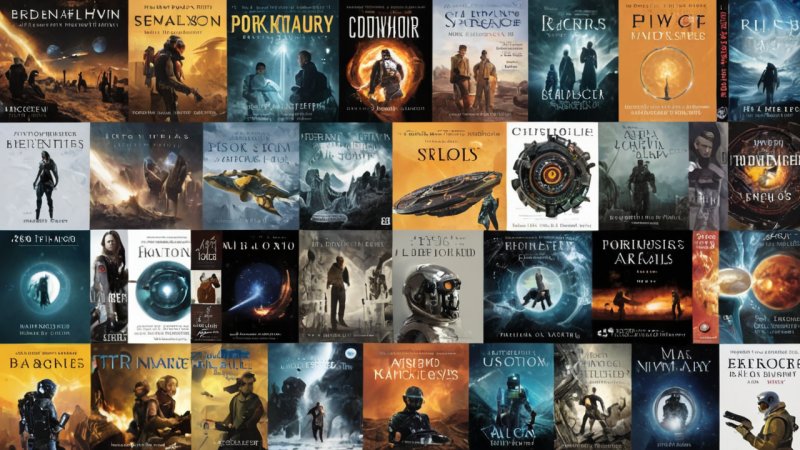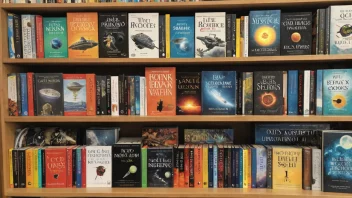The impact of science fiction on technological innovation is both fascinating and profound. For decades, science fiction has captured the imaginations of readers, presenting futuristic concepts that often seem impossible at the time of writing. Yet, many of these imaginative ideas have transcended the pages of books to become real-world technologies that shape our lives today. One of the most significant contributions of science fiction is its ability to inspire generations of inventors, engineers, and scientists. The genre has a rich history of forecasting technological advancements, often predicting inventions that would eventually become integral to modern society. For instance, in 1968, Stanley Kubrick's film '2001: A Space Odyssey' depicted a sophisticated computer system named HAL 9000, which could understand and process human language. Fast forward to today, and we have virtual assistants like Siri and Alexa, which embody elements of HAL's capabilities. This parallel demonstrates how science fiction can plant the seeds of innovation, encouraging researchers to explore previously unthinkable possibilities. Another area where science fiction has had a significant influence is in the realm of communication technology. The idea of instant communication across vast distances was popularized in works like 'Star Trek,' where characters used communicators to speak to one another in real-time, regardless of their physical location. This concept has materialized in our current world through smartphones and video conferencing tools, enabling seamless communication that connects people globally. The genre's portrayal of space exploration has also played a crucial role in shaping public interest and investment in space technology. Authors like Ray Bradbury and Arthur C. Clarke imagined a future of interstellar travel and colonization, inspiring both NASA and private space companies to pursue ambitious projects. The excitement generated by these stories has contributed to a renewed interest in space missions, culminating in initiatives like the Artemis program, which aims to return humans to the Moon and eventually send astronauts to Mars. Additionally, the exploration of biotechnology in science fiction has provoked vital discussions about the ethical implications of genetic engineering. Works like 'Gattaca' and 'Brave New World' present cautionary tales about the consequences of manipulating human DNA and the societal ramifications that could ensue. As we stand on the brink of significant advancements in genetic technologies, the narratives woven by these authors remind us of the responsibilities that come with such power. In conclusion, the influence of science fiction on technological innovation is undeniable. The genre has not only entertained readers but also inspired real-world advancements in various fields, from communication and space exploration to artificial intelligence and biotechnology. As we continue to navigate a rapidly changing world, the insights and visions presented in science fiction will remain essential in guiding our approach to innovation and technology, encouraging us to dream big while considering the ethical implications of our creations.
From Page to Reality: Sci-Fi's Tech Legacy
Exploring the profound impact of science fiction on technological innovation, this article delves into how imaginative concepts from literature have inspired real-world advancements.






